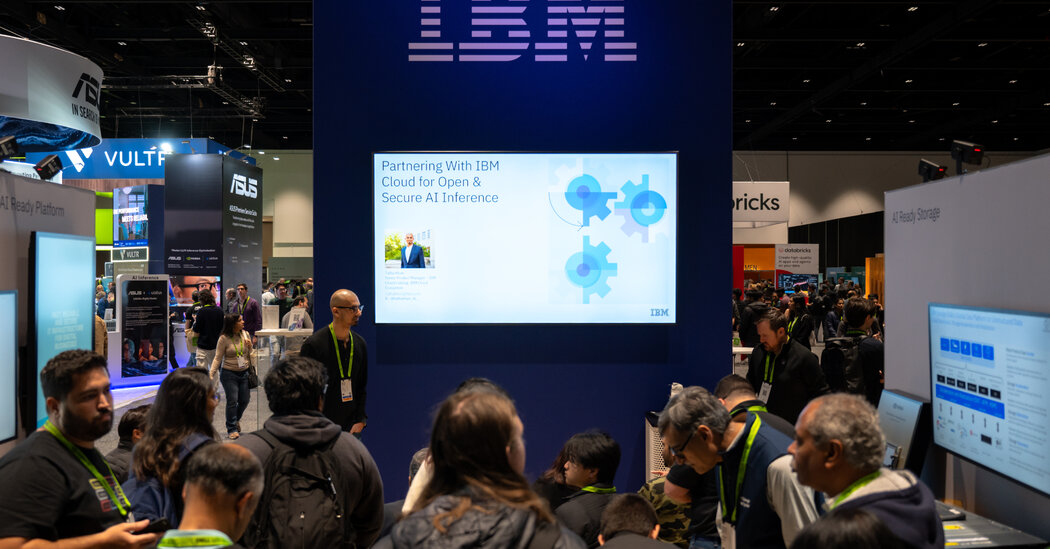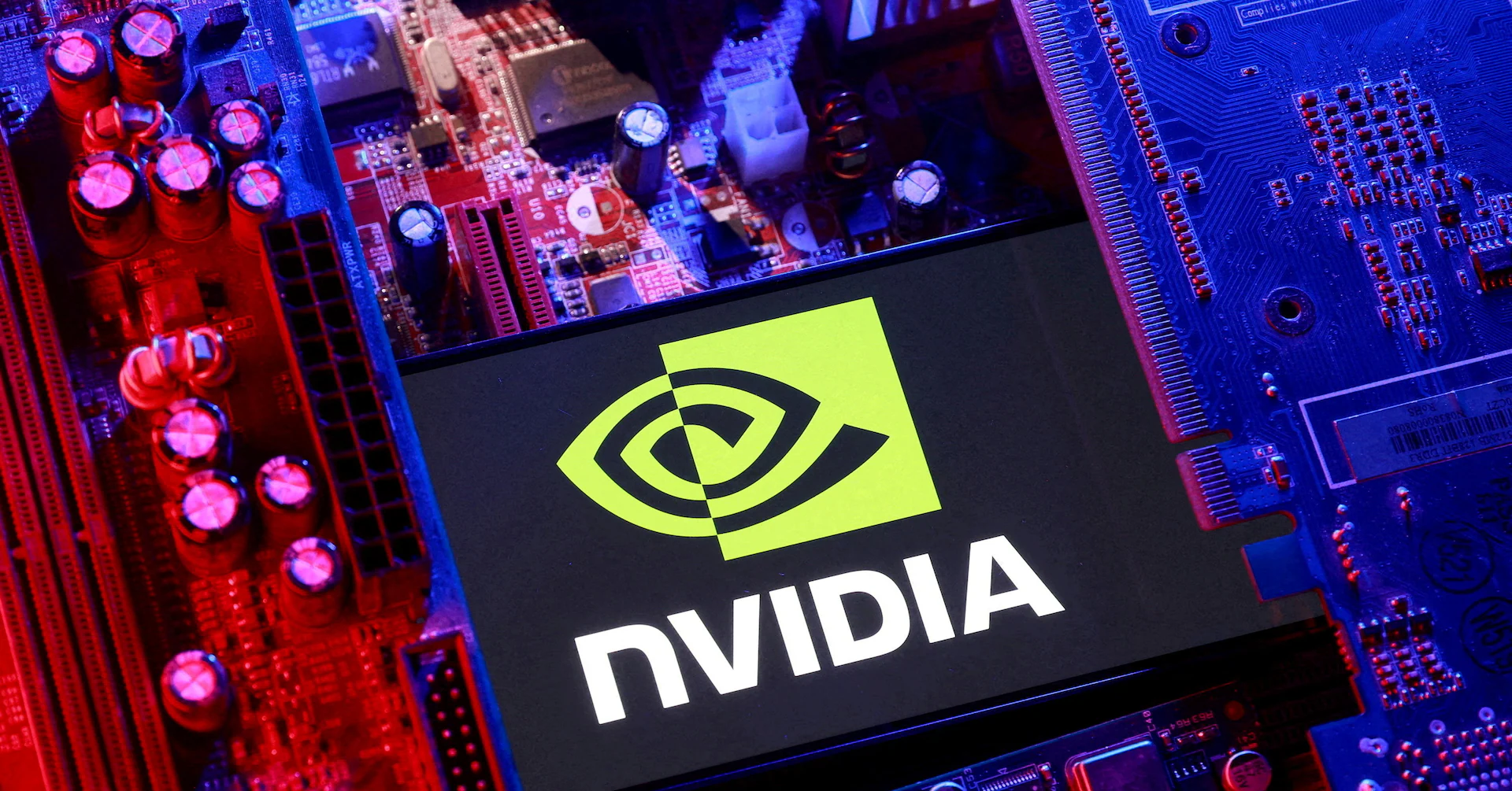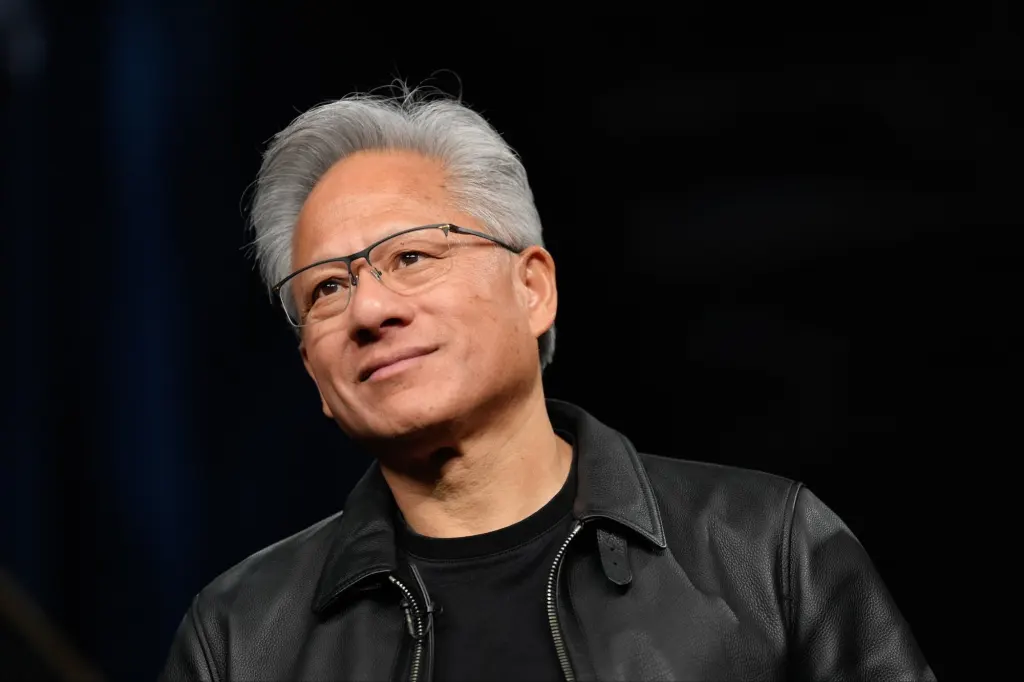Copyright The New York Times

IBM said on Tuesday that it planned to cut thousands of workers as it shifts its focus to higher-growth businesses in artificial intelligence consulting and software. The company did not specify how many workers would be affected, but said in a statement the layoffs would “impact a low single-digit percentage of our global work force.” The company had 270,000 employees at the end of last year. The number of workers in the United States is expected to remain flat despite some cuts, a spokeswoman added in the statement. A massive supplier of technology to businesses, IBM joins other companies including Amazon, Meta and Google that have made recent staffing cuts as they race to invest more in the A.I. boom. Many executives have predicted more efficiency gains as the technology assists workers with coding and other tasks. Still, the payoff for companies banking on A.I. products like chatbots is unclear, and some analysts are warning of a potential bubble. Two weeks ago, IBM reported that its sales for June through September rose 9 percent to $16.33 billion. The results exceeded analysts’ forecasts. In a conference call with analysts last month, Jim Kavanaugh, IBM’s chief financial officer, said there was evidence that A.I. adoption in mainstream corporations was beginning to accelerate. Roughly 80 percent of IBM customers for A.I. consulting and software are new over the last six months, he added. IBM’s bookings for A.I. consulting work and software rose sharply to $9.5 billion in the third quarter, “underscoring strong momentum in A.I.-driven demand,” according to a research report from the investment bank Jefferies. The job cuts at IBM were first reported by Bloomberg. For years, IBM has engaged in what it has called “work force rebalancing,” shedding some workers and adding others. The company did not disclose the charges for employee severance payments for the current round of layoffs. The company said it was reshuffling people and skills in step with shifts in demand. “We routinely review our work force through this lens and at times rebalance accordingly,” according to the statement. Under Arvind Krishna, who became chief executive in 2020, IBM has aggressively pursued high-growth markets in cloud computing for business and artificial intelligence. The company’s biggest move to narrow its focus on A.I. and cloud computing came the following year, when IBM spun off its technology services business, which maintains and modernizes traditional software and hardware for corporate customers. That business is now a separate company, called Kyndryl.



